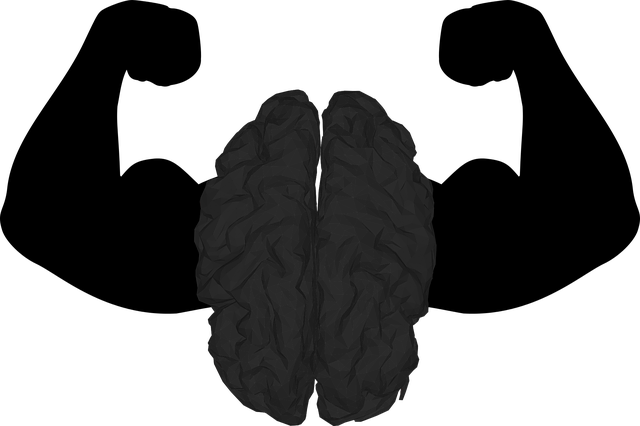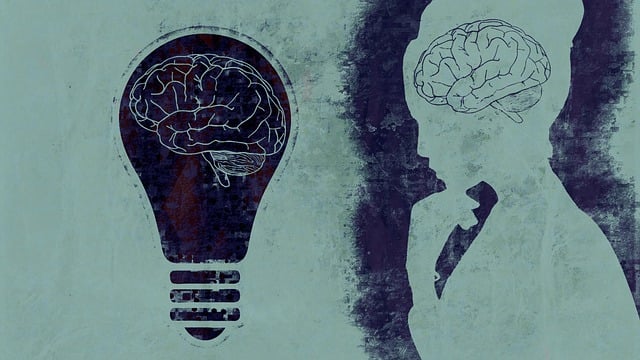The media's portrayal of mental illness greatly impacts societal understanding, with a mix of progressive stories and stereotypes currently prominent. While some efforts highlight conditions like Functional Neurological Disorder (FND) through therapy representation, more is needed to avoid oversimplification or sensationalization that can perpetuate stigmatization. Solutions include training healthcare providers in cultural competency, promoting coping skills development, encouraging nuanced storytelling, and implementing media strategies such as consulting FND experts, diverse narratives, awareness campaigns, and crisis intervention guidance to enhance understanding and acceptance of FND and other mental health issues.
In recent years, media representation of mental illness has sparked significant discussions. This article explores the current landscape of mental health depiction in media, focusing on the unique challenges and barriers associated with functional neurological disorders (FNDs). We delve into why accurate portrayals are crucial, highlighting the impact on public understanding and support for those affected by these conditions. Additionally, we present solutions and strategies to enhance media representations, including therapy techniques for FNDs, fostering more empathetic narratives.
- Understanding Mental Illness Representation in Media: The Current Landscape
- Challenges and Barriers: Why Accurate Depictions are Essential
- Solutions and Strategies: Enhancing Media Portrayals of Functional Neurological Disorders
Understanding Mental Illness Representation in Media: The Current Landscape

The representation of mental illness in media has significantly impacted societal perceptions and understanding of these conditions. Currently, the landscape is a mix of progressive storytelling and stereotypical portrayal, often falling short of accurate depiction. Media platforms, including television, film, and digital content, play a pivotal role in shaping public opinion and influencing how we perceive and support individuals dealing with mental health issues.
While some productions have made efforts to showcase diverse conditions like Functional Neurological Disorder (FND) and its impact on daily life through therapy for functional neurological disorder, there is still room for improvement. Many media representations fall into the trap of oversimplification or sensationalization, which can lead to further stigmatization. Enhancing mental illness representation requires a multi-faceted approach, including increasing accessibility to healthcare provider cultural competency training, promoting coping skills development, and encouraging more nuanced storytelling that reflects the complex reality of these disorders.
Challenges and Barriers: Why Accurate Depictions are Essential

The media plays a significant role in shaping societal perceptions and understanding of mental illness. However, challenges and barriers persist when it comes to accurately depicting these conditions, often leading to misconceptions and stigma. One of the primary issues is the lack of nuanced representations, especially for less commonly understood disorders like Functional Neurological Disorder (FND). FND, characterized by symptoms that affect movement, cognition, and sensory processing, requires sensitive handling in media to ensure awareness without sensationalism.
Accurate depictions are essential as they offer a platform for education and empathy. By presenting mental health issues truthfully, including the complexities and individual experiences, media can foster a sense of understanding and encourage support systems. This is where therapy, self-awareness exercises (like Mental Wellness Journaling Exercise Guidance), and coaching programs (Mental Wellness Coaching Programs Development) come into play. They offer tools to navigate these complex narratives, promoting both personal growth and societal acceptance, and ultimately challenging the barriers that exist in media representation of mental illness.
Solutions and Strategies: Enhancing Media Portrayals of Functional Neurological Disorders

Media has a significant role in shaping public understanding of mental health. To challenge stigmatizing portrayals of mental illness, especially Functional Neurological Disorders (FND), media organizations can adopt various strategies. One approach is to prioritize accurate representation by consulting with healthcare professionals and individuals living with FND during production. This ensures that symptoms, experiences, and recovery journeys are depicted authentically. Encouraging diverse narratives and including characters with FND in leading roles can also foster empathy and understanding among viewers.
Additionally, media outlets can contribute to the development of public awareness campaigns and mental illness stigma reduction efforts by showcasing the human story behind FND. These initiatives can include documentaries, interviews, or articles that highlight the impact of therapy for functional neurological disorder, the importance of support systems, and success stories. By integrating crisis intervention guidance in their content, media platforms can also equip viewers with tools to help friends and family during mental health crises.
Mental illness representation in media has long been a topic of debate, but with awareness and accurate depictions, we can challenge stereotypes. By fostering more inclusive narratives, especially for functional neurological disorders through therapy and support, media can play a crucial role in promoting understanding and reducing stigma. Solutions like diverse casting, consultant involvement, and fact-checking can significantly enhance portrayals, ensuring these conditions are represented with sensitivity and authenticity. This, in turn, can lead to improved public perception and better access to resources for those affected by mental health issues, including therapy for functional neurological disorder.








